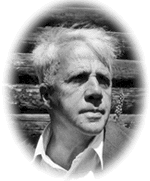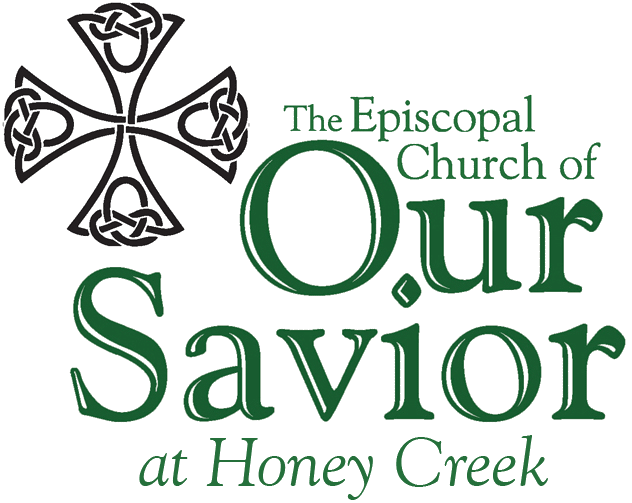Faith gets a lot of press, and love gets so much press that it loses some of its strength in conversation. Hope, on the other hand, is the middle child and doesn't get nearly the attention that faith and love command. However, a few people have mentioned it in passing.
True hope is swift, and flies with swallow's wings;
Roman Catholic theogian Michael Downey has a different take on hope. Concisely put, he says that Hope is precisely what we have when we do not have something.
"Hope lies at the core of all human initiative. It looks to the coming of the new, the never-before-thought-of, the unheard-of, the undreamed-of. Hope is a pregnant, many-layered concept. We can distinguish it in different shades of meaning. We can distinguish between the kind of hope we have for good weather, the cheeriness of spirit expressed in the now commonplace 'Hope you have a nice day,' and something much deeper: the whole-hearted anticipation of a desired good. In the deepest sense, hope moves us to a new perspective, enabling us to see the present and all its possibilities for success in light of some future good, which we realized can only come as a gift. The more difficult the circumstances in which we demonstrate hope, the deeper is the hope.
"Hope is precisely what we have when we do not have something. Hope is not the same thing as optimism that things will go our way, or turn out well. It is rather the certainty that something makes sense, is worth the cost, regardless of how it might turn out. Hope is a sense of what might yet be. It strains ahead, seeking a way behind and beyond every obstacle." (Michael Downey, Weavings, Nov./Dec. 1999), p.28.
I have high hopes for The Episcopal Church of Our Savior at Honey Creek.
Pastor Linda


































